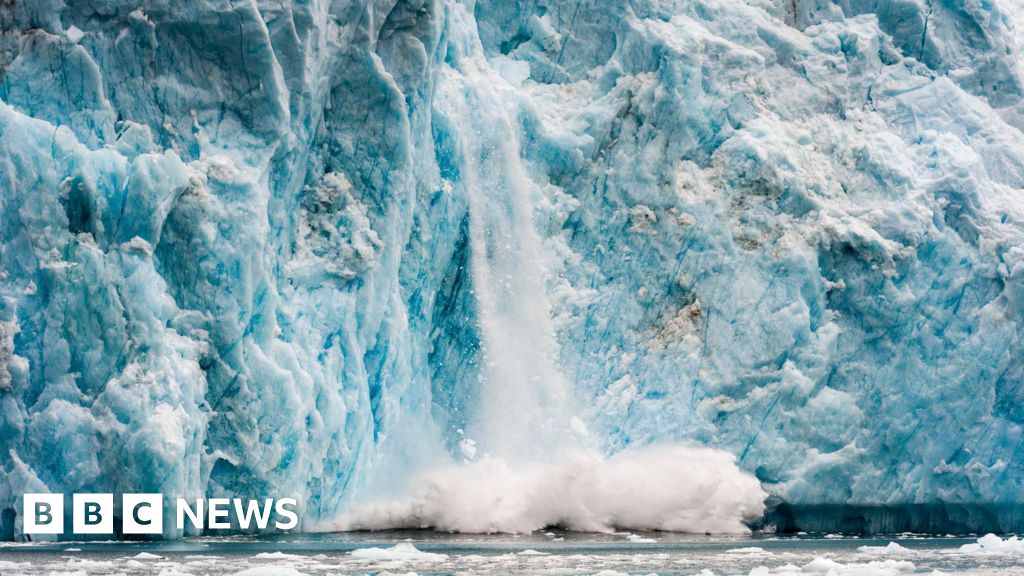Even if Climate Target Met, Coastlines Still in Danger from Rising Sea Levels, Scientists Warn

Scientists have issued a stark warning that even if the global goal of limiting warming to 1.5 degrees Celsius is met, coastlines around the world will still face the threat of continued sea-level rise. The latest research indicates that the current target is not sufficient to prevent the devastating impact of rising sea levels on coastal communities and ecosystems.
Rising sea levels are primarily driven by the melting of ice sheets in Antarctica and Greenland, as well as the thermal expansion of ocean water due to warming temperatures. This has already led to increased flooding, erosion, and saltwater intrusion in coastal areas, posing a significant risk to infrastructure, habitats, and livelihoods.
While efforts to reduce greenhouse gas emissions and transition to renewable energy sources are crucial in addressing climate change, scientists emphasize the urgent need for adaptation measures to protect vulnerable coastlines. This includes the implementation of coastal defenses, land-use planning regulations, and ecosystem restoration projects to enhance resilience to sea-level rise.
Furthermore, global cooperation and coordination are essential to address the transboundary nature of sea-level rise and its impacts. Developing countries, in particular, require support in building capacity and implementing adaptation strategies to safeguard their coastal areas from the escalating threat of rising sea levels.
In conclusion, the scientific community stresses the importance of taking immediate action to address the ongoing crisis of sea-level rise, even if the 1.5-degree Celsius target is achieved. Failure to do so will result in irreversible damage to coastlines worldwide, with severe consequences for both human populations and the environment.








